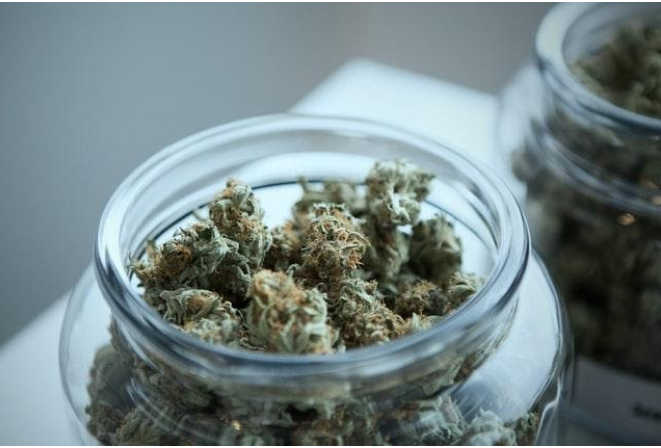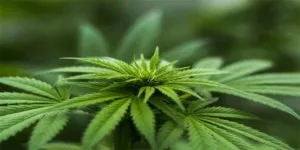If worrying headlines are making you anxious to the point that you find it difficult to cope, you are not the only one. It is quite normal to feel anxiety and even depression during these tough times characterized by constant change and uncertainty. As the COVID-19 pandemic moves quickly across the world, it brings about a great deal of fear, worry, and concern. Canceled travel plans, indefinite isolation, and information overload can be a recipe for disaster. Any person in the community can be affected, needing help to get back on track.
An ever-increasing number of people are turning to medical cannabis to treat anxiety and depression. Demand continues to evolve, moving towards greater interest in infused products. In New Jersey, for instance, patients are able to obtain medical cannabis from a distance via telehealth services. Health care practices are offering in-person consultations, yet doctors prefer using telemedicine to safeguard people’s lives. The state has also made it simple to obtain a New Jersey medical marijuana card by applying online. In November, a constitutional amendment will be voted, allowing the purchase of recreational marijuana.

Retail sales of medical cannabis are growing in the United States and it is expected that they will exceed $15 billion by the end of 2020. By declaring cannabis essential during lockdown, state and local authorities have contributed to the legitimacy of the industry, granting continued access to cannabis during troubling times. The industry has turned out to be remarkably resilient during the coronavirus pandemic and it will be attractive after the health crisis is over.
Medical Cannabis for Anxiety and Depression: Let Us Understand the Facts
Anxiety manifests itself as an unpleasant feeling, which is typically associated with apprehension, uneasiness, and worry. It can have physical, behavioral, and emotional effects. Medical cannabis considerably reduces short-term levels of anxiety, reducing adverse feelings. The effects of medical cannabis can include a feeling of relaxation and wellbeing. There are various compounds in cannabis, such as cannabinoids, that impact the receptors in the brain. Some say that cannabis should be reclassified and approved as an accepted medication.
Now, let us focus our attention a little bit on depression. At least in the short term, patients experiencing feelings of depression can benefit from taking medical cannabis, which causes significant relief. Cannabis flowers with high levels of THC are associated with fast reductions in the intensity of the feelings. Given the limitations and side effects of conventional medications, it does not come as a surprise that patients opt for alternative therapies. Attention needs to be paid to the fact that cannabis has varying effects on depression, which translates into the fact that it may not improve every person’s mood. This is because we all have unique endocannabinoid systems.
Finally, yet importantly, many health benefits have been identified in the use of cannabis. Many patients’ responses are nothing but positive and they will continue to rely on medical cannabis whether they are struggling with anxiety or depression. These favorable accounts of experiences with cannabis should enhance discussions about approving it as a safe and effective drug.
Written by Rida Sheppard







